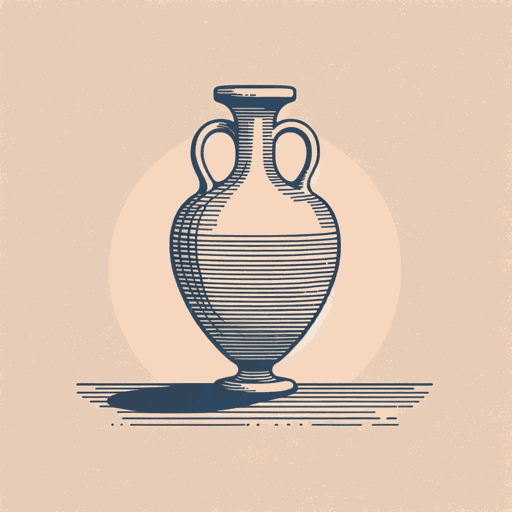43 pages • 1 hour read
EuripidesHecuba
Fiction | Play | Adult | BCEA modern alternative to SparkNotes and CliffsNotes, SuperSummary offers high-quality Study Guides with detailed chapter summaries and analysis of major themes, characters, and more.
Background
Literary Context: The Myth of Hecuba
Euripides’s Hecuba dramatizes the misfortunes experienced by Hecuba, the wife of Priam and the former queen of Troy, after her city is sacked by the Greeks at the end of the Trojan War. Two myths are combined in the play. The first is the story of Hecuba’s daughter Polyxena, sacrificed to the ghost of the Greek hero Achilles in exchange for wind to blow the Greek fleet back to Greece. In the second myth, Hecuba discovers that her youngest son Polydorus has been killed by the Thracian King Polymestor, to whom Hecuba and her husband Priam entrusted Polydorus before the war began. The play ends with Hecuba avenging Polydorus by blinding Polymestor and killing his sons, after which Polymestor prophesies that she will be transformed into a dog.
Roughly one-third of surviving Greek tragedies, like Hecuba, derived their subjects or plots from the myths of the Trojan War and its aftermath. Euripides himself explored the tale of Troy in many of his other plays, including Andromache and Trojan Women (probably produced a few years before Hecuba). Of course, the saga of the Trojan War and its aftermath were very popular in Ancient Greece.
Related Titles
By Euripides
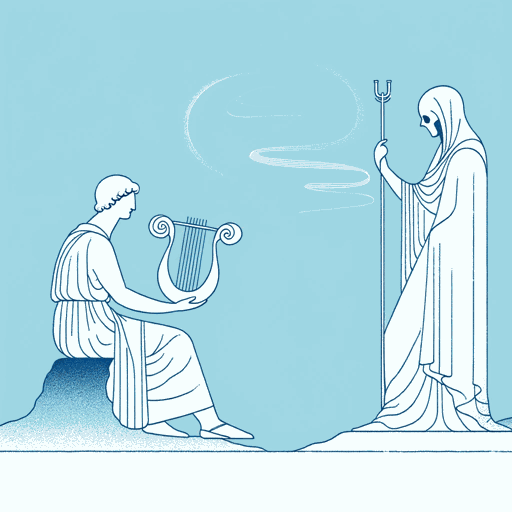
Alcestis
Euripides
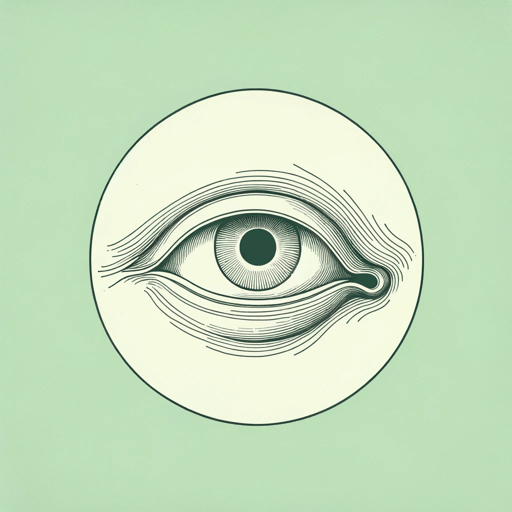
Cyclops
Euripides
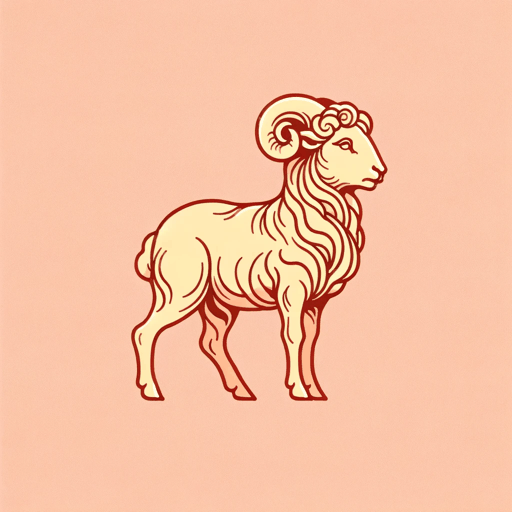
Electra
Euripides

Helen
Euripides
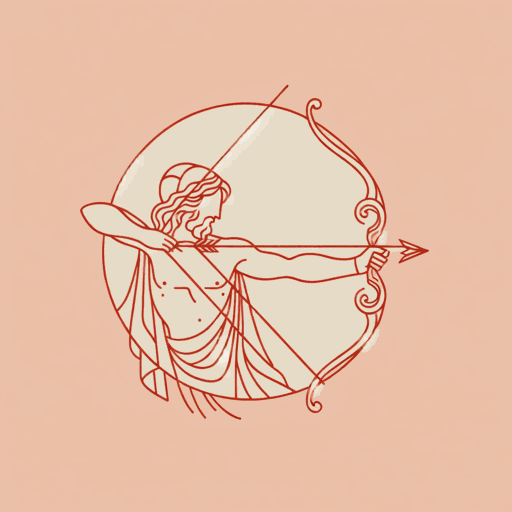
Heracles
Euripides

Hippolytus
Euripides

Ion
Ed. John C. Gilbert, Euripides

Iphigenia in Aulis
Euripides
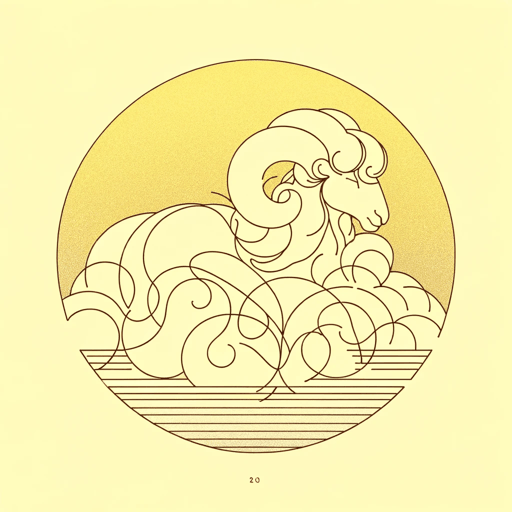
Medea
Euripides

Orestes
Euripides
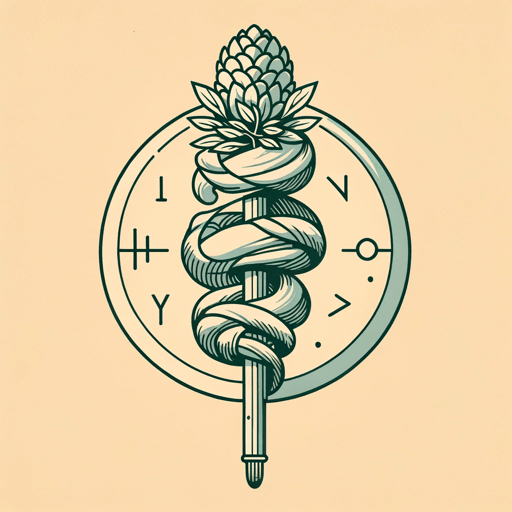
The Bacchae
Euripides

Trojan Women
Euripides
Featured Collections
9th-12th Grade Historical Fiction
View Collection
Ancient Greece
View Collection
Books on Justice & Injustice
View Collection
European History
View Collection
Fate
View Collection
Hate & Anger
View Collection
Mythology
View Collection
Revenge
View Collection
School Book List Titles
View Collection
Sexual Harassment & Violence
View Collection
Tragic Plays
View Collection
War
View Collection
